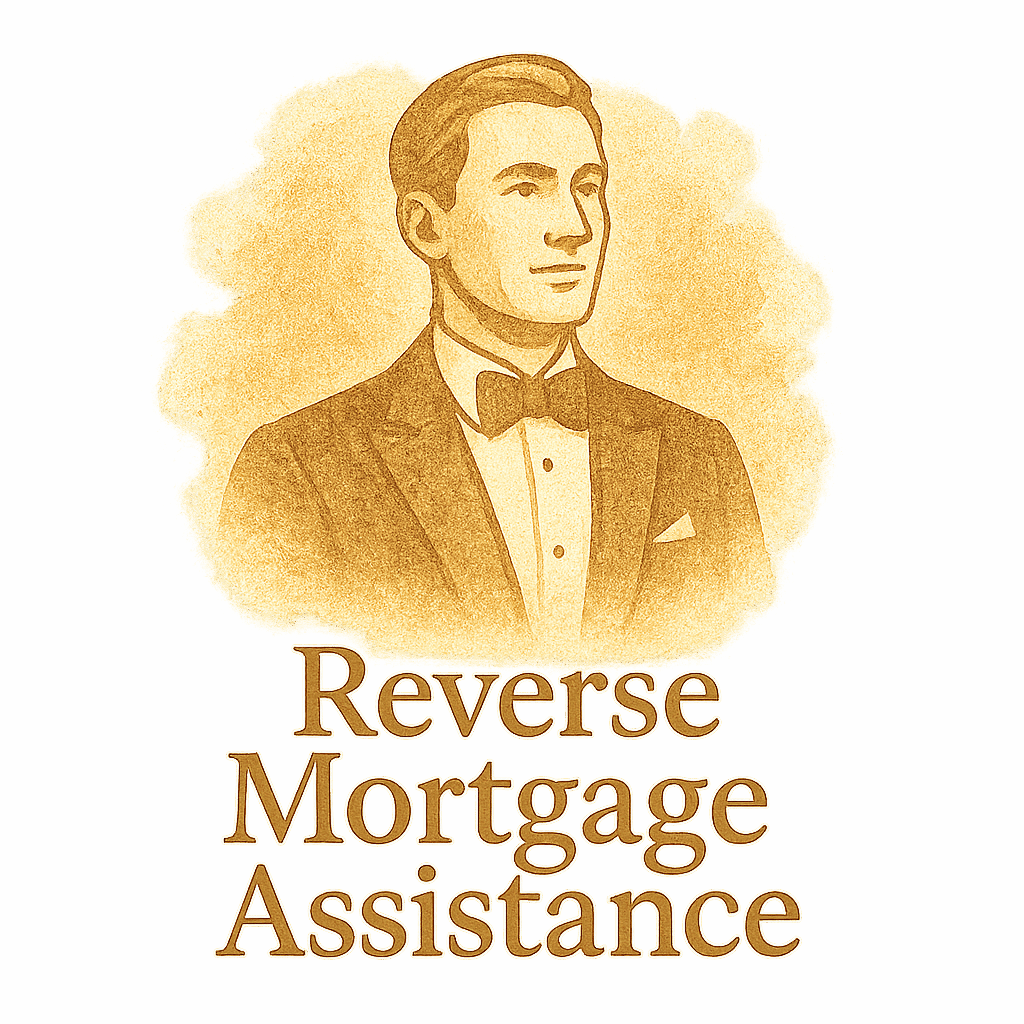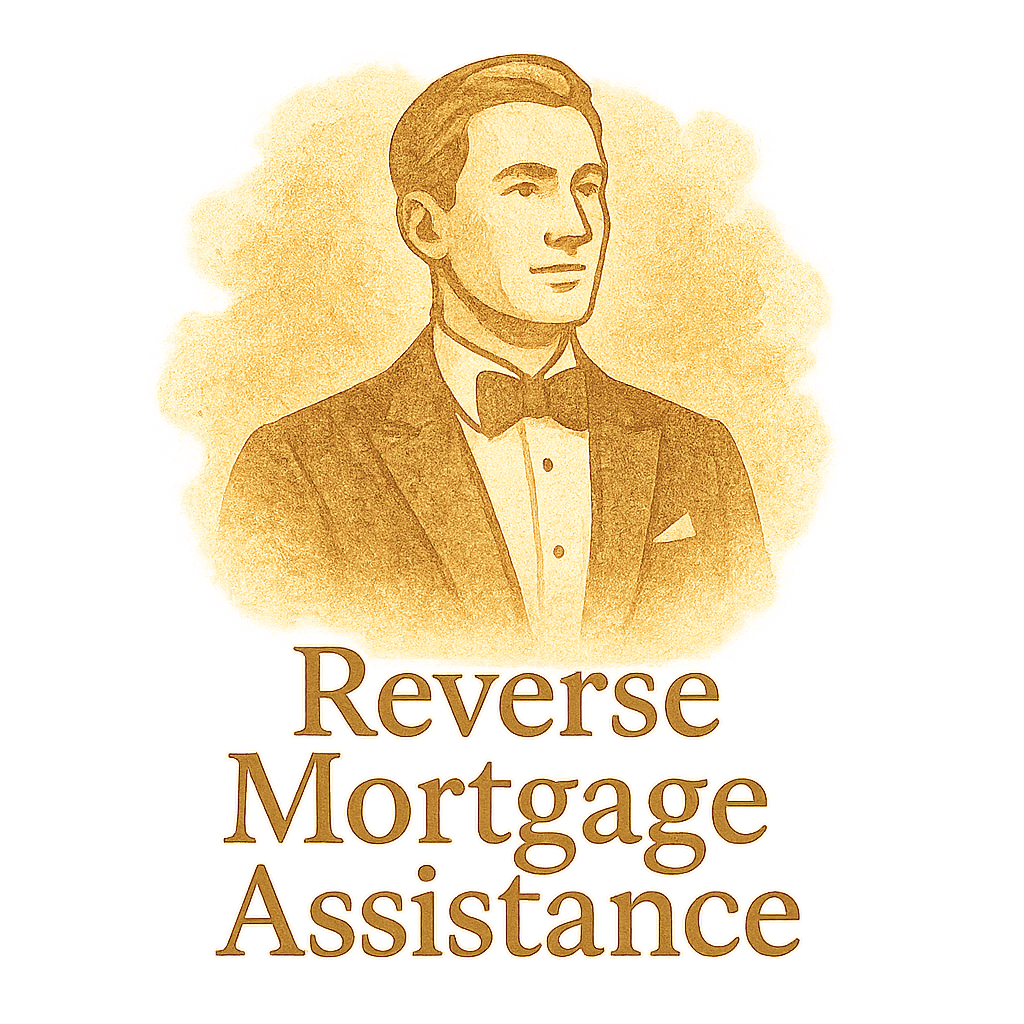Ever heard of someone losing their home even though they technically “owned” it? Or family members blindsided by foreclosure? Reverse mortgages have helped many seniors live more comfortably, but without proper understanding, they can turn into a financial nightmare.
In this guide, we’ll share nine jaw-dropping reverse mortgage horror stories—real situations that led to real consequences—and the critical lessons you can learn from each one.
Let’s dive in.
What Is a Reverse Mortgage?
A reverse mortgage is a loan available to homeowners 62 or older that allows them to convert part of the equity in their home into cash. Instead of making monthly payments to a lender, the lender pays you—sounds great, right?
However, these loans come with their own set of rules, risks, and long-term consequences that can’t be ignored. To brush up on the essentials, visit our full guide on Reverse Mortgage Basics for a breakdown.
Why Seniors Choose Reverse Mortgages
- Supplement fixed retirement income
- Cover healthcare costs
- Delay tapping into retirement savings
- Fund lifestyle needs like travel or home repairs
Unfortunately, a lack of understanding or poor advice can steer seniors into troubled waters.
Story 1: The Forgotten Heirs
The Scenario
Mary took out a reverse mortgage at age 65 and enjoyed the financial flexibility it provided. But when she passed away, her adult children were shocked to learn the house was in default and scheduled for auction.
What Went Wrong
Mary never discussed the reverse mortgage terms with her children. They didn’t know about the loan’s repayment rules upon her death.
Lesson: Communicate With Family Members
Always involve heirs in the planning process. For more insights, check out our section on Mortgage Planning to learn how to prepare the next generation.
Story 2: Foreclosure Surprise
The Scenario
Tom thought his reverse mortgage would cover all costs. But he fell behind on property taxes and insurance payments. Within months, the bank initiated foreclosure.
What Went Wrong
Tom didn’t realize that staying current on taxes and insurance was still his responsibility.
Lesson: Stay Current on Home Expenses
Reverse mortgages don’t cover every cost. Check out our article on Mortgage Myths and Truths to separate fact from fiction.
Story 3: Ballooning Fees and Hidden Costs
The Scenario
When Susan signed her reverse mortgage, the paperwork seemed fine. But years later, she realized the fees had eaten away a significant portion of her equity.
What Went Wrong
Susan didn’t understand the fee structure. Origination costs, service fees, and interest rates had compounded over time.
Lesson: Always Review Loan Disclosures
Understanding the numbers matters. Learn how to compare offers effectively at our Loan Comparison page.

Story 4: The Unregulated Lender Trap
The Scenario
Bill signed a reverse mortgage contract with a local lender who promised “low fees.” But he later discovered multiple undisclosed clauses and no recourse when issues arose.
What Went Wrong
The lender wasn’t HUD-approved. Bill lacked legal protection.
Lesson: Choose a HUD-Approved Lender
Before you sign, ensure your lender follows Legal & Regulatory guidelines to protect your interests.
Story 5: Losing Government Benefits
The Scenario
Jane used her reverse mortgage funds to pay for daily expenses. Later, she was informed her Medicaid eligibility was revoked.
What Went Wrong
She exceeded the asset limits for Medicaid due to lump-sum payments.
Lesson: Understand the Impact on Medicaid and SSI
Consult a financial advisor to preserve benefits. Our tag on Retirement provides helpful planning tips.
Story 6: Eviction After Spouse’s Death
The Scenario
Anna and John lived happily in their home until John passed away. He was the only name on the mortgage. Anna, not being on the loan, was evicted.
What Went Wrong
Only John’s name was on the reverse mortgage contract, disqualifying Anna from staying after his death.
Lesson: Protect Surviving Spouses on the Title
Ensure both spouses are on the loan. Visit our tag on Contracts for more guidance.
Story 7: Incomplete Counseling
The Scenario
Larry met briefly with a counselor who glossed over key risks. Feeling confused but hopeful, he signed the agreement. It was a mistake.
What Went Wrong
Larry didn’t receive the full picture or explore all options.
Lesson: Demand Full Legal and Financial Counseling
Education matters. Explore Mortgage Basics to gain a solid foundation before making any decision.
Story 8: House Sold for a Fraction of Its Value
The Scenario
When her mom passed, Lisa attempted to sell the house. The reverse mortgage balance exceeded the market value, and the bank claimed the property.
What Went Wrong
The rising balance from interest and fees exceeded the value of the home.
Lesson: Consider Long-Term Equity Impacts
Think beyond today’s cash. Our tag on Equity explores how to preserve value for your heirs.
Story 9: Stuck in the Contract
The Scenario
Fred wanted to downsize, but the reverse mortgage contract included steep penalties for early repayment. He was trapped.
What Went Wrong
Fred didn’t read the fine print on exit clauses.
Lesson: Read the Fine Print and Terms
Contracts matter. Our guide on Legal Terms can help you avoid costly mistakes.
Reverse Mortgage Horror Stories: Key Takeaways
These horror stories may sound intimidating, but they serve a purpose: to educate. Here’s what you can learn:
- Always communicate with heirs.
- Stay on top of taxes and insurance.
- Compare lenders and understand fees.
- Don’t rely on reverse mortgages for long-term financial support.
- Legal counseling isn’t optional—it’s essential.
To see how reverse mortgages work in action, browse our Case Studies.
Final Thoughts
Reverse mortgages aren’t inherently evil. They can offer lifelines to those in need—when used responsibly and understood fully. But when they go wrong, the consequences are real and often irreversible.
Knowledge is your best defense. Use these cautionary tales to prepare and protect yourself or your loved ones.
For even more preparation tools, visit our Preparation section.
FAQs
1. Are reverse mortgages ever a good idea?
Yes, in some cases. If you’re financially stable and want to stay in your home long-term, it could work—just do your homework.
2. What happens if I outlive the reverse mortgage?
You won’t be evicted, but loan interest continues to accrue until the home is sold or you pass away.
3. Can I leave my home to my children?
Yes, but they’ll need to repay the loan balance or refinance the property.
4. Do reverse mortgages affect Social Security?
No, but they may affect needs-based programs like Medicaid.
5. Is counseling mandatory?
Yes, HUD requires independent counseling, but the quality varies—make sure it’s thorough.
6. How do I find a trustworthy lender?
Start with a HUD-approved list. Also check out Loan Comparison to weigh your options.
7. Where can I learn more?
Right here: ReverseMortgageAssistance.com has everything you need—from Seniors tips to Outcomes.


